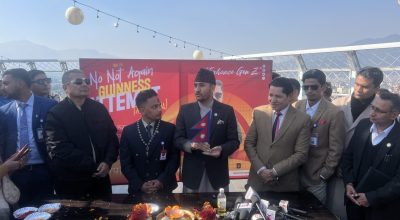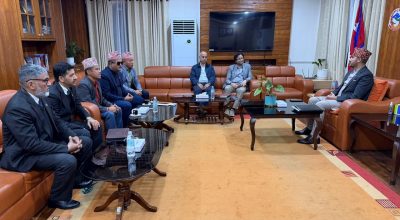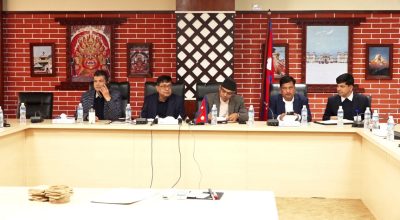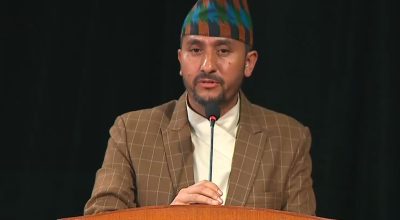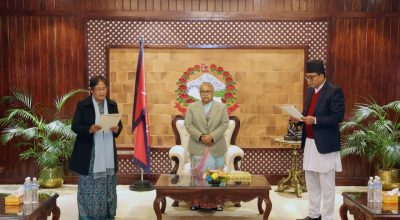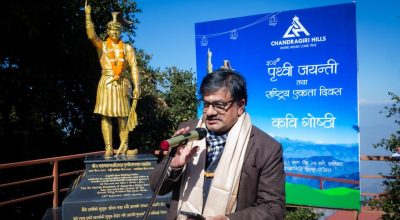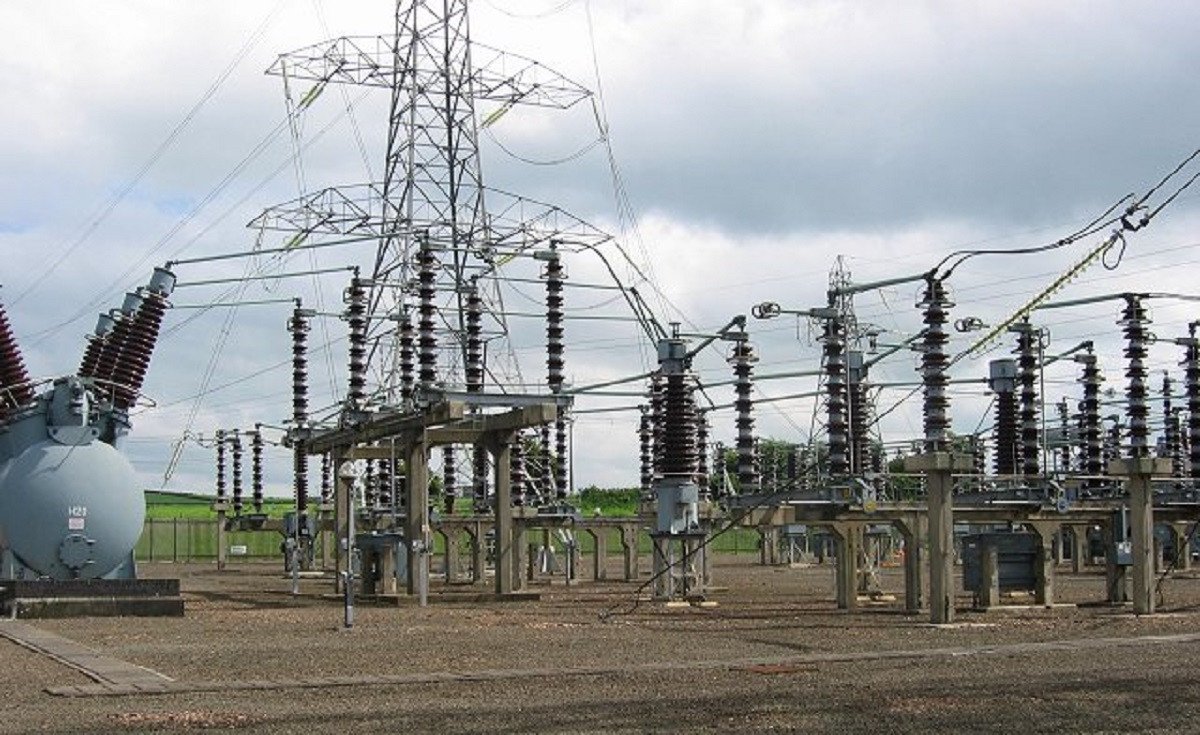
KATHMANDU: The Board of Directors of Nepal Electricity Authority (NEA) has decided to raise the electricity tariff of the controversial dedicated and trunk line. There has been a long-running dispute over whether to raise electricity tariffs given to industries through dedicated and trunk lines during load shedding period.
Minister for Energy, Water Resources and Irrigation Top Bahadur Rayamajhi said that the meeting of the committee on Sunday decided to collect the tariff. NEA has been stating that around Rs.9 billion is due with the industries who received uninterrupted power supply at time of heavy power outage in the country.
“The acting executive director of NEA has been instructed to decide the modalities to facilitate the payment of dues,” said Minister Rayamajhi. Earlier, the Council of Ministers had recommended to collect some tariffs for dedicated and trunk lines and to provide some tariff exemption by making decision through the Electricity Regulatory Commission. However, NEA’s board of directors had already decided to collect the tariff and the tariff was included in the NEA’s income.
The industrialists have been arguing that they have not applied to the NEA to get electricity connection from dedicated and trunk lines but the NEA has later billed the additional tariff. Even after the end of load shedding, NEA was charging additional 67 percent for such connection.
NEA had been providing electricity to industries and sensitive areas for more than 20 hours daily at a premium fee during load shedding. NEA had started providing uninterrupted electricity to industries, hospitals and other sectors through dedicated and trunk lines from Srawan, 2072 BS. The 57th report of the Auditor General has also recommended to recover Rs 6.5 billion arrears of trunk and dedicated lines.
Based on the OAG report, NEA wrote a letter to the industrialists asking them to pay the arrears. However, the industrialists filed case at the Supreme Court against NEA decision. In the writ petition filed by the industrialists, it was argued that they did not demand dedicated and trunk lines and consumed less than 20 hours of electricity daily.
The court had suggested resolving the tariff dispute through the review committee of the NEA. At present, 231 industries are getting electricity through dedicated transmission lines and 67 industries are getting electricity through trunk lines.





